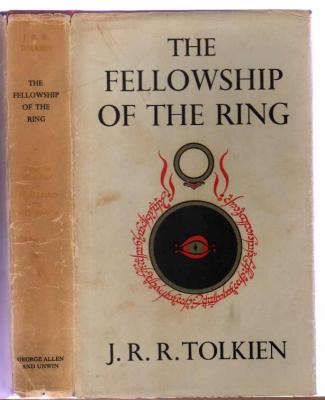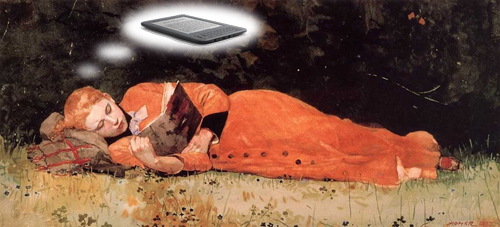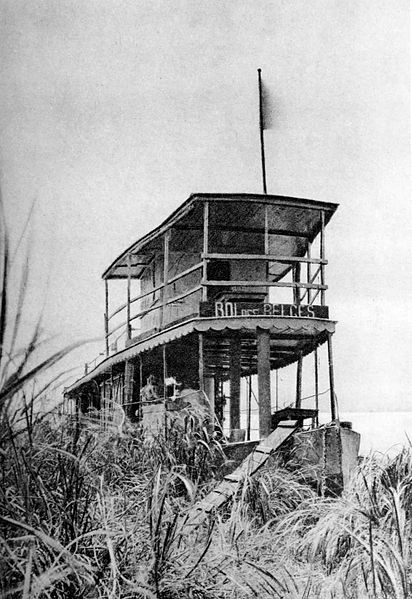The Candle In the Wind
The fourth and concluding tale in T.H. White’s The Once and Future King went by all too quickly. I remember being frustrated by the meandering quality of the narrative in the first book of the series, The Sword in the Stone. Apparently I got used to it. The Candle in the Wind blew past in three days. (I’m not a fast reader, so that’s pretty speedy for me.)
This story was not intended to be the last, so it doesn’t end the way White envisioned when he mapped out the series in his mind. Because of this, I can forgive the book for not rolling to the weighty and majestic halt that I would have liked. As many others before me have already discovered, it has a kind of cursory conclusiveness that works in its way. Arthur, now a very old and patient king, lives out the final chapter of his lifelong experiment in managing Might. Having lived through the eras of chivalry (Might in the service of class), Might used to advance Right, and Might turned to the purpose of a holy quest, Arthur submits Might to the concept of Justice. The “candle” of the title refers to Arthur’s imaginative picture of his long-held belief in the goodness of humanity as a candle often sheltered by his protective hand against the winds of experience. You have to read the story to find out whether the candle is blown out in the failure of his last experiment, or not.
Mordred, his son by his half-sister Morgause, turns against him decisively and uses the affair between Lancelot and Guenever to fracture Camelot by demanding that Arthur unleash Justice. There was an absurdity to Arthur’s entrapment by the letter rather than the spirit of the law. I find myself wondering whether White shares Arthur’s sanguine view of human nature, for although Arthur flatly rejects the idea of original sin, the action and narrative perspective of the story seem to confirm it. It’s almost as though the narrator and his protagonist are in debate over the perfectibility of man. Either I’m an obtuse reader, or White is a masterful storyteller, for although the narrator seems heavy-handed much of the time, these kinds of questions remain. I like that. I don’t feel strong-armed by the author, but moved by the story.
It’s been an experience, traveling with these characters from youth to old age. This conclusion revisited and developed earlier themes. Overall the series works like the tides, lapping up on the beach in the first book, then receding, and repeating the process a little further up the beach with each successive story. We reconsider Merlyn’s style of education, and his philosophy of man, both of which are depicted as both a blessing and curse for Arthur. We see Guenever reach the full flowering of the seventh sense described in the previous book. Ponderings on the nature of humanity lead inevitably to more on the subject of war, about which Guenever says, “War is like a fire. One man may start it, but it will spread all over. It is not about any one thing in particular.” Arthur too reflects that wars are “national movements, deeper, more subtle in origin” than he once thought. We revisit the disturbing Queen Morgause’s parenting and its disastrous outcome in the Orkneys. In more ways than I can develop here, the series explores a good many subjects to a satisfying depth, all wrapped up in a well-told story. The Once and Future King is a reading experience that’s hard to classify but impossible not to love. It’s one of those books that pulls the lid back just enough to tantalize, so I have a feeling it won’t be my last foray into Arthurian legend.


